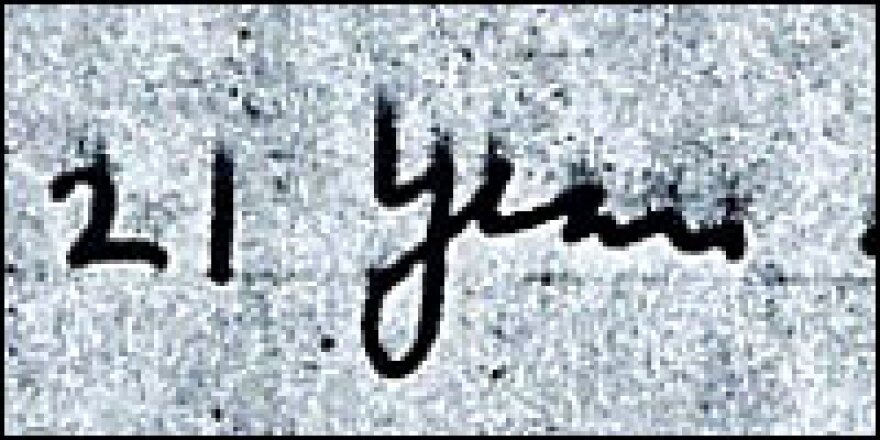
In the South during the Jim Crow era, long before the blues became frat party music, it was common for black men (and a few women) to play the blues on street corners, bars, cafes -- any public place where the police were agreeable and passers-by might contribute a quarter or a dime.
In the spring of 1941, Joe Holmes was playing and singing for tips on the platform of the Macon, Ga., terminal station. Holmes had never made records, though he was as good as most who had.
When a well-dressed black man approached Holmes and asked about the song he'd been singing, Holmes replied that he'd written it himself.
The man who approached Holmes was Fisk University music professor John Work. He had just gotten off the train from Nashville and was on his way to the annual Negro Folk Music Festival at Fort Valley State University. He hoped to collect folk songs, and had a portable disc recorder with him. Work had time to kill while he waited for his connection, and his ears were always open to new songs. About Joe Holmes' blues, Work wrote: "The song as sung represents, practically, a complete composition."
Work showed Holmes the recording machine and asked if Holmes would sing the song again. Holmes agreed: If Professor Work, a composer himself, thought the song worth recording, maybe he'd play it for others. Holmes had been looking for a professional break. He told his story.
Work wrote the details in his notebook: "Joe Holmes -- 21 years old -- born in Daytona. Dobie in West Palm Beach taught him how to play guitar. Father and mother separated when he was baby... Played ukulele before guitar, learned that in Sanford, Fla."
Work went on to note that Holmes used to play lead guitar in a novelty band that featured two guitars, a washboard, and a bass. When he was 17 or 18, he sat in with them after he heard them playing in a bar. They liked it so much, they asked him to join them professionally. He had been with them about a month when he found out the other guitar player was his father. Holmes didn't believe it at first.
The band played a year or so in Florida, then came to Macon to the Pine Air Club for six months. They went to New York, but were busted on the street there. Holmes returned to Macon and had been on his own ever since.
Some musicians achieve fame through a combination of talent, ambition, and opportunity. Many more, just as talented, remain unnoticed by the world at large. But for an accidental meeting with Professor Work and his recording machine, Joe Holmes might have left no trace at all.
Copyright 2022 NPR. To see more, visit https://www.npr.org.


